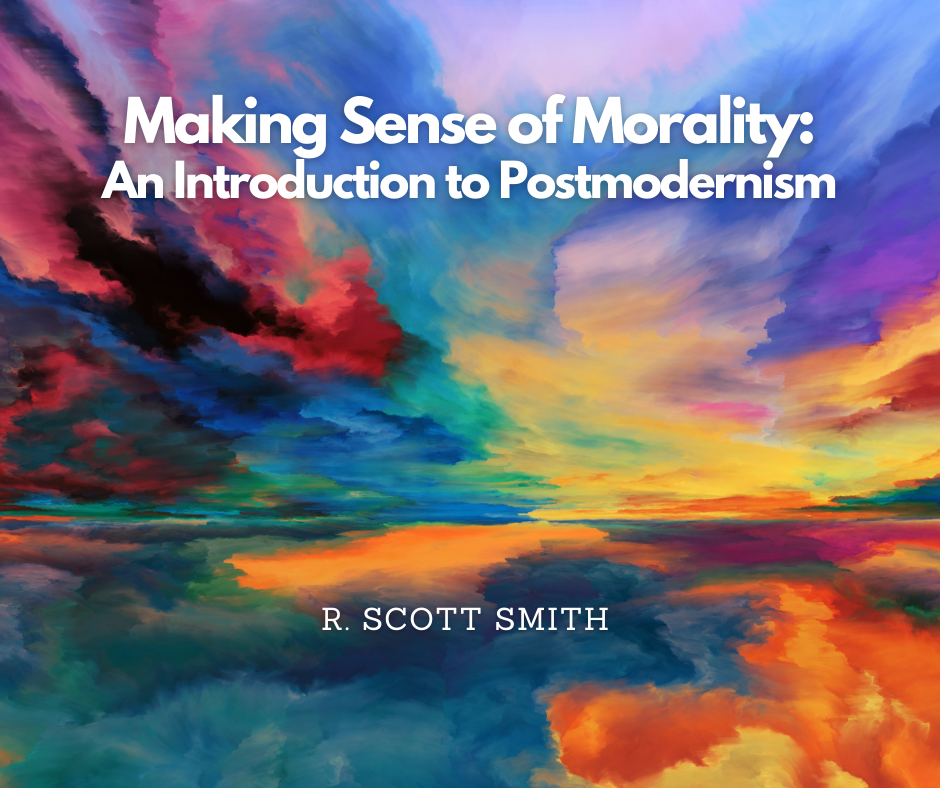Making Sense of Morality: Kant’s Ethics
/Editor’s note: R. Scott Smith has graciously allowed us to republish his series, “Making Sense of Morality.” You can find the original post here.
Introduction
Immanuel Kant (d. 1804) thought all knowledge begins with sense experience. However, as a nominalist, there are no literally identical qualities in experiences. Moreover, experiences always show us what contingently the case is. These are a posteriori truths (ones known by experience).
Yet, he also wanted to preserve a major role for reason. To him, there also are a priori truths, which are known by reason independently of experience. There are two kinds of a priori truths: analytic a priori truths (ones true by definition; e.g., a bachelor is an unmarried male), and synthetic a priori truths, which are true due to how the world is. So, for him there are universal and necessary truths.
Unlike many we surveyed before Hobbes, Kant did not conceive of knowledge as the mind’s matching up with reality. Instead, it is an activity which generates knowledge. For him, we cannot know things as they are really are in themselves, but only as they appear to us.
This move led him to posit two realms, that of experience (the phenomena) and that of reality as it is apart from our experience (the noumena). But, if all experiences are discrete and there are no universal, necessary qualities given in experience, how can we share in a common, intersubjective world? Kant posited that a transcendent mind (not God) constructed the same world in each of us.
Kant’s Ethics
Kant conceived of morals as categorical, or absolute, commands. They are valid independently of experience. Therefore, morals could not be dependent upon the contingent, phenomenal realm. Morals are part of the noumena, and as such, they are known by reason. But as a nominalist, he could not appeal to transcendent, objectively real, universal morals like Plato. Instead, he believed that we should self-legislate a maxim (plan of action) that would apply universally. That is, we would generalize a maxim to be applicable for all people, a move fitting with nominalism.
By self-legislating morals, we are being autonomous. Why should we obey the moral law? Though he was raised as a Pietist, it was not out of love for God. Rather, we should do our duty for duty’s sake, out of pure respect for the moral law. By acting autonomously, we live out the categorical imperative. He gave it different formulations. For example, whatever I choose to do, I should will it to be universal for everyone. Additionally, we always should treat all humans (including ourselves) as an end, and never just as a means to an end. Fittingly, the goal of ethics is to develop a good will that acts autonomously and independently of consequences.
Kant made several posits to make his system “work.” For example, we should act as if God exists to make full sense of morals. Also, to achieve a holy will, the soul must be immortal; and to freely will our maxims, we need free will. Yet, none of these are empirically knowable, so it seems they are postulates.
Kant’s Legacy
Kant’s ethics has endured. His reasoning influences bioethics with the principles of autonomy, justice, beneficence, and nonmaleficence. He also tried to provide universal morals and respect of persons.
Kant believed we cannot know things as they really are in themselves, but only as they appear to us. Many take that idea as “settled.” However, suppose we see a tiger. For him, we cannot see the tiger, but only as it appears to us. Call that A1. But, we cannot see A1 as it is, but only as it appears to us (A2). The same result repeats without end. Disastrously, it seems we cannot get started to know anything empirically. Yet, if all knowledge begins with sense experience, there’s no knowledge.
Thus, while Kant tried to preserve universal morality, it is at best just a human construct. In terms of his legacy, people thought he gave much prestige to science, which uses an empirical method. Thereafter, the fact-value split became more entrenched: the sciences give us knowledge of facts, while religion and ethics are just opinions, preferences, and values.
For Further Reading
Kant, Critique of Pure Reason, and Groundwork of the Metaphysics of Morals
R. Scott Smith, In Search of Moral Knowledge, ch. 4
R. Scott Smith is a Christian philosopher and apologist, with special interests in ethics, knowledge, and seeing the body of Christ live in the fullness of the Spirit and truth.





















